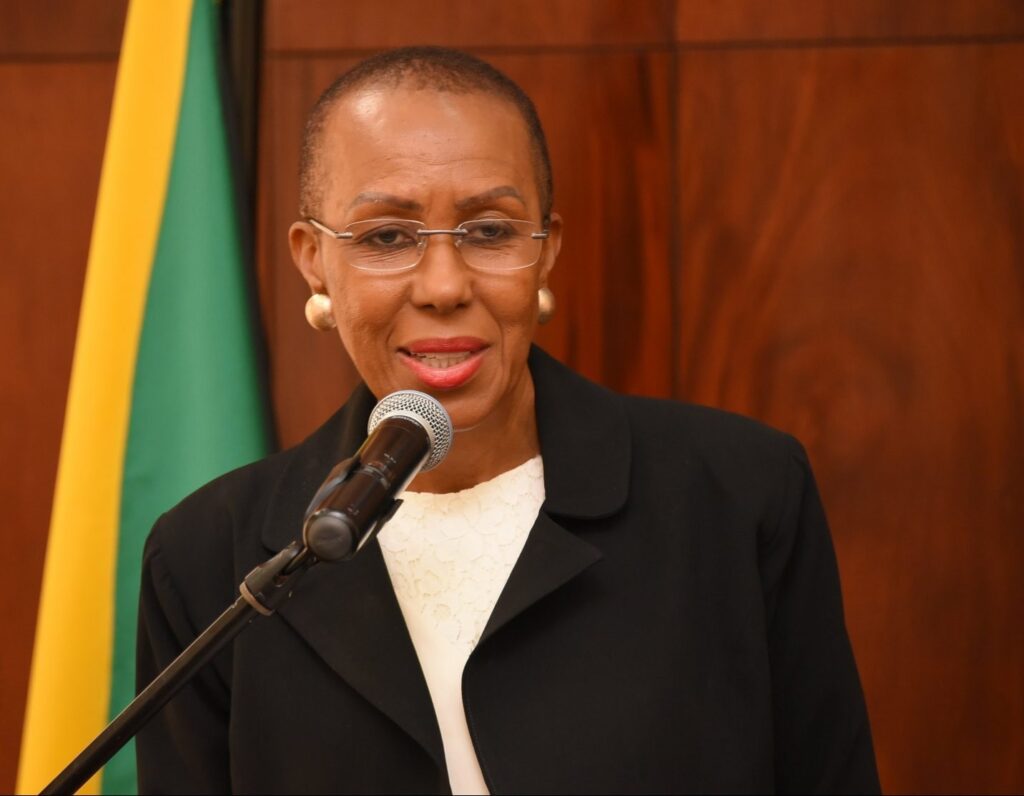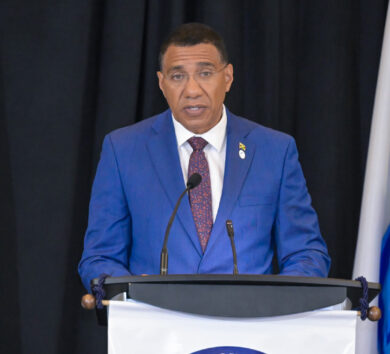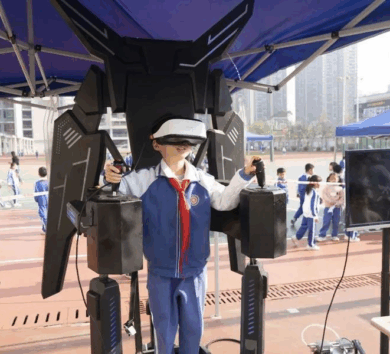
As COVID-19 continues to impact schools around the world, with governments and educators insisting on virtual learning on digital devices, a new study from the United States reveals that this is causing mental damage to school children and is very harmful to their general well-being and growth.
The study, conducted by the reputable California Partners Project and Child Mind Institute reveals that the long-term impact of studying by virtual learning is detrimental to school children. The study conducted a series of interviews with children ages 13 to 17.
It reveals that children were spending too much time on screens and in many instances jumping from device to device. The study concludes that a dependence on virtual learning meant children got little exercise and have very few milestones to look forward to such as class events, celebrating accomplishments, birthday parties and so on.

Feelings of isolation among children are now a common occurrence and this method of education stunts social skills. The study found teens have problems forming unique identities and are experiencing tremendous loss due to school closure.
“Every child and teenager’s mental health is affected by COVID. That means that they may not have a mental disorder, but they are experiencing symptoms and anxiety depression, more inattention, more impulsivity.”
Dr Harold Koplewicz, child and adolescent psychiatrist and President of the Child Mind Institute
Perhaps even more disturbing, the report says, is that teens are using social media and gaming as the primary way of fulfilling their social needs.
“During COVID, it became very important for us to look at how the kids are doing and our kids are not all right,” said Dr Harold Koplewicz, who is a child and adolescent psychiatrist and President of the Child Mind Institute.
“Of the 46 interviewed, the 14 who have a mental disorder are more symptomatic. The others who are typically developing are also suffering from signs and symptoms of minor depression and anxiety worries about the future, the uncertainty of the pandemic and what it is doing to their lives. It also seems that they’re sleeping less, they’re spending more times on screens.”
Added: Koplewicz: “Every child and teenager’s mental health is affected by COVID. That means that they may not have a mental disorder, but they are experiencing symptoms and anxiety depression, more inattention, more impulsivity.”

In Jamaica, the government is fulsomely pushing virtual learning with the Education Minister Fayval Williams insisting that children do not return to classrooms, and instead concentrate on receiving their education on devices as the country looks to embrace e-learning and the digital age.
Compounding matters are the lack of adequate infrastructure, poor broadband that does not cover the entire country, the high cost of tablets, computers and devices with no likelihood of a reduction in sales tax and duties, and increasing pressure placed on parents who do not have the resources to educate their children this way.
In effect, the state has ceded its responsibility for education entirely to parents who it is assumed have access to broadband and the resources to purchase digital devices.
There has been little discussion in Jamaica about the impact of virtual learning on school children and little thought given to their mental well being or, for that matter, the long-term effects of going this route.

Geoffrey Canada, president of the Harlem Children Zone, said virtual learning is particularly hard on children who come from poor backgrounds. He is of the opinion that many of these kids can’t learn because they don’t have the devices and are not connected to the Internet and e-learning classes.
Canada said many of them will lose a year’s worth of education and that this plants the seed for the next generation of inequality. What is worrisome, he observed, is that there is no awareness that this is a crisis. He is calling for the ramping up of technology in homes by governments, particularly in the poorest and most rural communities.
Canada is insisting that the phone companies have an obligation at this time to see to it that the entire country is connected.

Speaking with CNBC’s Stephanie Ruhle, Canada said: “It is evident that the way we have gone about virtual learning is causing emotional problems for many school children. They have to remain at home and spend hours on screens and feel guilt about the likelihood of passing COVID to their parents and grandparents.
“This is an educational disaster. Students if they are signing on, and a lot of kids are not signing on anymore are not being educated in a way that deals with any of their needs – not their emotional needs, not their needs to socialise, not their needs for exercise and movement and certainly not their academic needs.”
Said Canada: “It’s a disaster for all children but for poor children you can multiply that times five or six. We need to do something dramatically different as soon as humanly possible.”







Comments